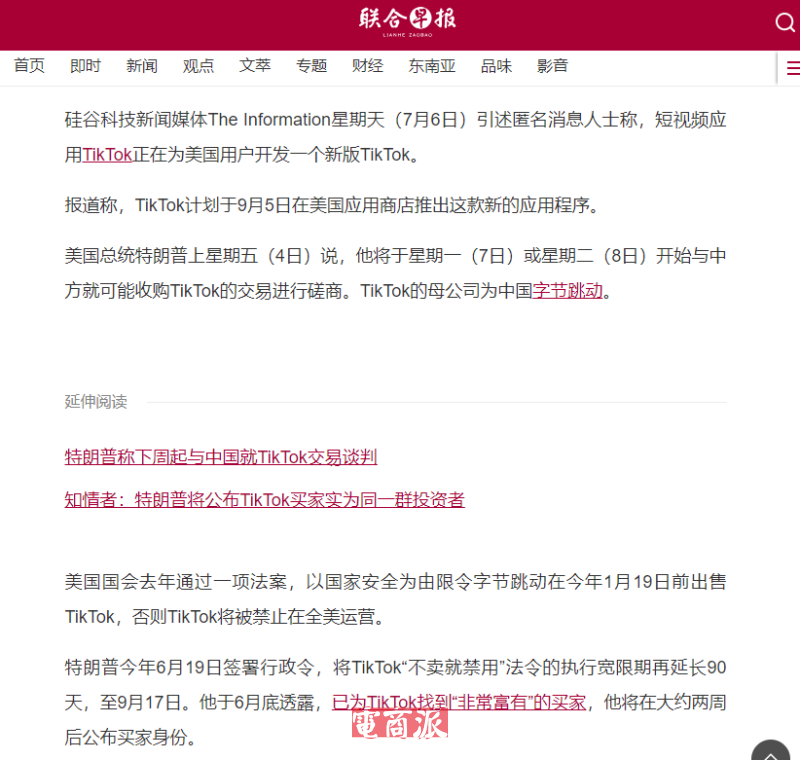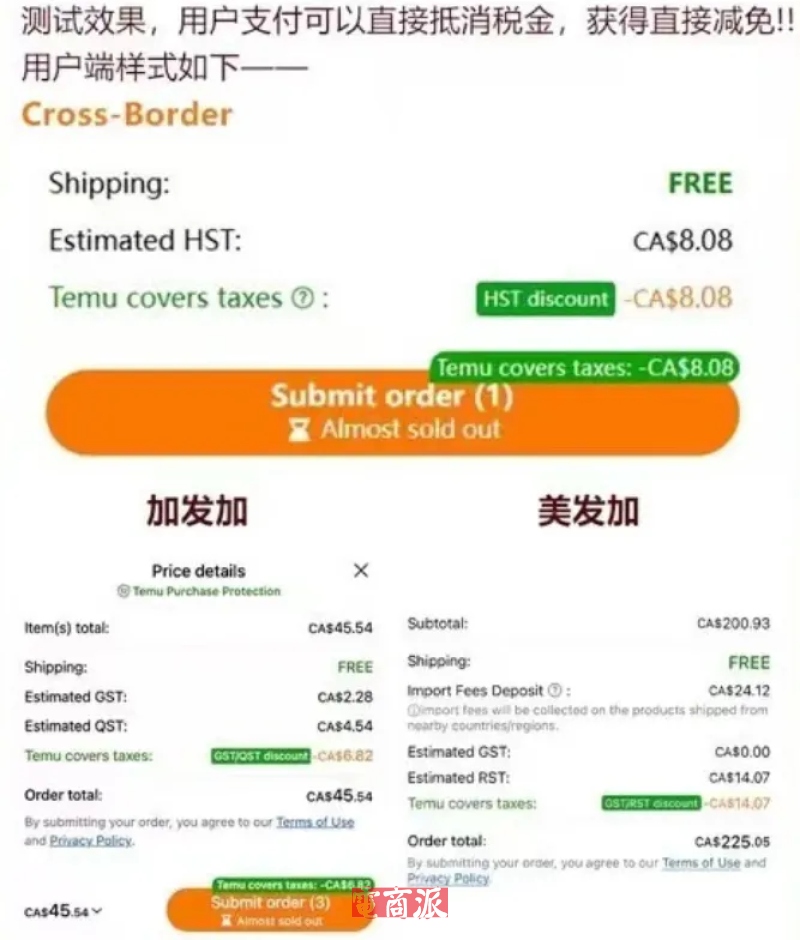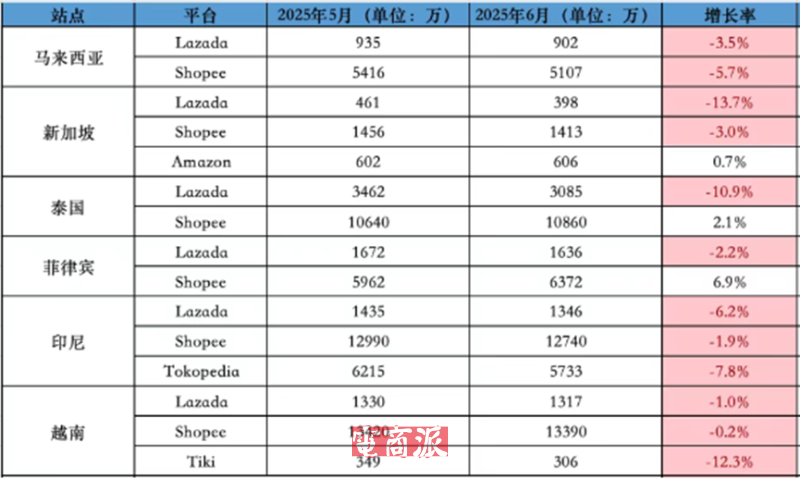策略模式java

策略模式(Strategy Pattern)是一种行为型设计模式,用于定义一系列算法,并将每个算法封装起来,使其可以互相替代。通过使用策略模式,可以在运行时选择要使用的算法,而不必在代码中依赖于具体的算法。
在Java中,策略模式可以通过接口和实现类的方式来实现。接口定义了所有策略类所要遵循的方法,而实现类则具体实现了这些方法,并在运行时被替换。
首先,我们来看一个简单的例子,假设有一个电商网站,需要实现不同的促销活动。我们可以定义一个促销策略接口:
```java
public interface PromotionStrategy {
void doPromotion();
}
```
然后,我们可以创建多个实现类来实现不同的促销策略,例如:
```java
public class CouponStrategy implements PromotionStrategy {
@Override
public void doPromotion() {
System.out.println("使用优惠券进行促销");
}
}
public class CashbackStrategy implements PromotionStrategy {
@Override
public void doPromotion() {
System.out.println("使用返现活动进行促销");
}
}
public class GiftStrategy implements PromotionStrategy {
@Override
public void doPromotion() {
System.out.println("使用赠品活动进行促销");
}
}
```
接下来,我们可以在需要使用促销策略的地方,使用策略模式来选择要使用的促销策略。例如:
```java
public class PromotionActivity {
private PromotionStrategy promotionStrategy;
public PromotionActivity(PromotionStrategy promotionStrategy) {
this.promotionStrategy = promotionStrategy;
}
public void executePromotion() {
promotionStrategy.doPromotion();
}
}
public class Main {
public static void main(String[] args) {
PromotionActivity couponPromotion = new PromotionActivity(new CouponStrategy());
couponPromotion.executePromotion();
PromotionActivity cashbackPromotion = new PromotionActivity(new CashbackStrategy());
cashbackPromotion.executePromotion();
PromotionActivity giftPromotion = new PromotionActivity(new GiftStrategy());
giftPromotion.executePromotion();
}
}
```
在上述示例中,我们通过创建不同的促销策略实例,然后将其传递给促销活动类,从而选择要使用的促销策略。通过这种方式,我们可以在运行时动态地选择不同的促销策略,而不必在代码中显式地指定具体的策略。
策略模式的优点之一是它可以提高代码的灵活性。由于策略模式将算法从客户代码中解耦,因此可以方便地添加、删除或替换算法,而不必更改现有的客户代码。此外,策略模式还能够提高代码的复用性,因为可以共享相同的策略实现,并在不同的地方使用。
然而,策略模式也有一些限制。首先,对于客户端来说,需要知道所有的策略类,以便在运行时选择使用。此外,如果策略类的数量较多,可能会导致类的数量过多。因此,在使用策略模式时,需要根据实际情况,权衡灵活性和类的数量之间的关系。
总之,策略模式是一种非常常用的设计模式,可以在需要选择不同算法的场景中非常有用。通过使用策略模式,可以提高代码的灵活性和复用性,同时还能够减少代码的耦合。
 邮件群发-邮件群发软件|邮件批量发送工具|群发邮件平台|批量邮箱发送系统公司
邮件群发-邮件群发软件|邮件批量发送工具|群发邮件平台|批量邮箱发送系统公司








